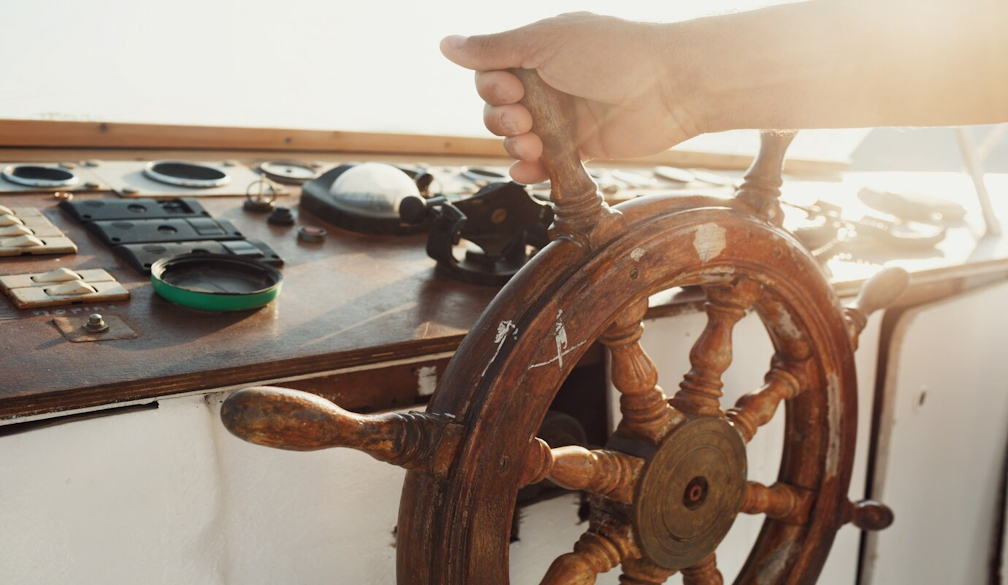Common Mistakes New Sailors Make and How to Avoid Them

Stepping into the world of sailing is an exhilarating experience—there’s nothing quite like the wind in your sails and the freedom of the open water. However, like any new skill, learning to sail comes with its challenges. Whether you’re dreaming of leisurely weekend sails or planning coastal adventures, avoiding common pitfalls can make your journey much smoother. Here’s a look at the most frequent mistakes boat owners make—and how to steer clear of them.
Underestimating the Weather
One of the biggest errors new sailors make is not paying close enough attention to weather conditions. The weather can change quickly on the water, and what begins as a pleasant day can become hazardous in a matter of hours. Always check the forecast before heading out, and understand how different conditions—like wind shifts or incoming fronts—can affect your trip. Learning to read the sky and sea is an invaluable skill for any sailor.
- Avoid it: Get into the habit of checking multiple weather sources and learn how to interpret marine forecasts. It's also a good idea to gain hands-on experience in different conditions with an experienced sailor.
Skipping Proper Training
Sailing might seem straightforward from the outside, but it involves a lot more than just steering the boat. From understanding navigation and tides to learning how to handle emergencies, training is essential. Unfortunately, some newcomers jump straight in without investing in foundational knowledge or practice.
- Avoid it: Enrol in a reputable boating course and make sure you secure your general boat licence – this not only ensures you're legally compliant but also gives you the skills and confidence to sail safely and responsibly.
Overloading the Boat
It can be tempting to bring everything along for the ride—friends, gear, food, drinks—but too much weight can affect your vessel's performance and stability. Overloading can lead to unsafe conditions and even increase the risk of capsizing, especially in smaller boats.
- Avoid it: Know your boat’s weight capacity and stick to it. Distribute weight evenly and avoid bringing unnecessary items. Remember, safety always trumps comfort.
Neglecting Maintenance Checks
Regular maintenance is critical for a safe and enjoyable sailing experience. New sailors often forget to check essential equipment or overlook small issues that can escalate into serious problems. From engine trouble to frayed ropes, ignoring routine checks can lead to trouble at sea.
- Avoid it: Create a pre-departure checklist that includes inspecting sails, rigging, fuel levels, and safety gear as part of log book servicing. Make time for regular servicing and fix issues as soon as they arise.
Improper Mooring and Anchoring
Poor mooring or anchoring techniques can result in your boat drifting away or causing damage to other vessels. This is a common error for beginners who aren’t yet confident in their boat-handling skills or anchoring knowledge.
- Avoid it: Practise anchoring in calm, shallow waters and learn how different seabeds affect holding power. When mooring, take your time, communicate with your crew, and don’t be afraid to ask for help if needed.
Failing to Plan Ahead
Spontaneity can be fun, but sailing without a clear plan is risky. New sailors sometimes underestimate how long a trip will take or fail to account for fuel, tide changes, or navigational challenges.
- Avoid it: Always plan your route, have an alternate plan in case of emergencies, and let someone know your expected return time. Ensure you have charts, a compass, and a reliable GPS system on board.
Lack of Communication
Clear communication with your crew is vital for safe and efficient sailing. Many beginners assume their intentions are obvious, but without clear commands and teamwork, even simple manoeuvres can go awry.
- Avoid it: Develop hand signals and standardised commands with your crew. Practise manoeuvres like tacking and jibing together so everyone knows their role and can act quickly.
Sailing is a rewarding pursuit, but it comes with a learning curve
By recognising and avoiding these common mistakes, you’ll build a solid foundation for many safe and enjoyable days on the water. Equip yourself with the right training, invest time in preparation, and embrace the mindset of a lifelong learner. Before long, you’ll feel right at home at the helm.









